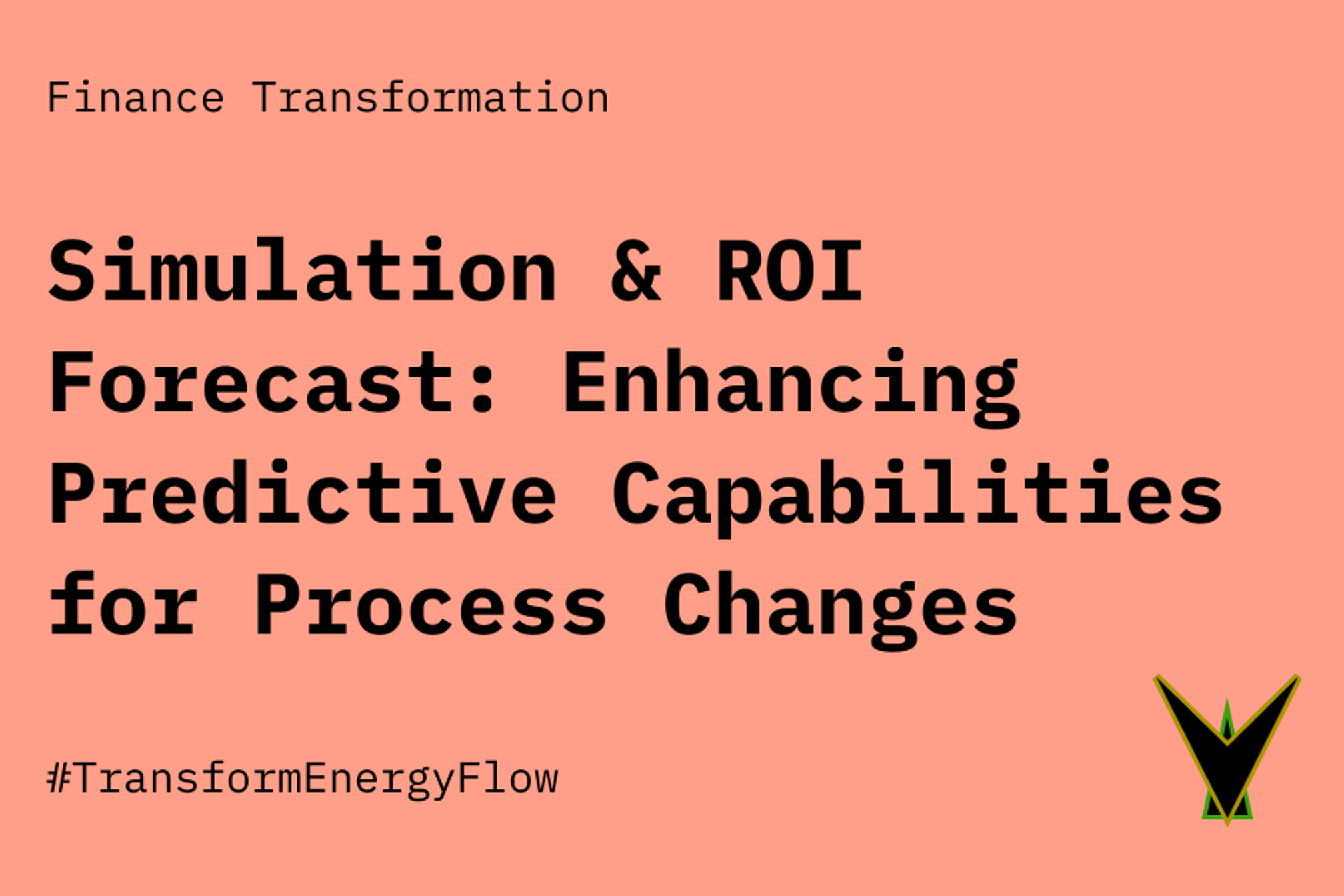Wednesday, May 14, 2025
Simulation & ROI Forecast: Enhancing Predictive Capabilities for Process Changes


Predicting the outcomes of process changes is a significant challenge for businesses undertaking transformation initiatives. This difficulty arises from the inherent complexity of business operations and the organizational dynamics surrounding them. Organizations often underestimate the far-reaching effects that changes in one process can have on the overall structure. Setting realistic expectations for project timelines and budgets can also be a major hurdle. Quantifying the return on investment (ROI) of process changes and defining appropriate success metrics adds another layer of complexity. A lack of a clear vision and strategy for the transformation effort, coupled with resistance to change from employees, further complicates the ability to predict outcomes accurately.
The failure rate of digital transformation projects is alarmingly high, with statistics indicating that 75-95% of such projects do not meet their intended goals. In 2021, only 35% of companies worldwide reported success in achieving their digital transformation objectives. Some research suggests that less than 30% of transformations are deemed successful, and nearly 70% of the money invested in these initiatives is wasted. Common reasons for this high failure rate include a lack of clear vision and strategy, overlooking the importance of people and processes, ignoring change management principles, choosing the wrong technology, setting unrealistic expectations, poor communication and collaboration, inadequate skills and resources, and a lack of leadership buy-in.
Simulation and forecasting tools offer valuable support in strategic planning and decision-making by allowing businesses to model and test potential outcomes. Simulations enable organizations to predict the results of various scenarios without taking irreversible actions, thereby reducing risk and cost. Real-world simulations provide real-time feedback, boosting confidence and promoting creative problem-solving. These tools help streamline business processes, leading to increased efficiency and more effective strategy formulation. Simulation allows for the testing and refining of strategic plans before their actual implementation and facilitates the evaluation of the impact of changes without disrupting ongoing operations. Predictive analytics can forecast potential issues and simulate process changes, helping companies proactively improve performance and mitigate risks.
Arfiti's 'Simulation & ROI Forecast' features are designed to help businesses overcome this lack of predictive capabilities. The platform's AI-driven models allow businesses to test the potential outcomes of process changes before they are implemented, directly addressing the challenge of predicting results. The ROI assessment feature helps quantify the expected benefits of process changes, overcoming the difficulty in measuring their financial impact. By providing a risk-free environment to experiment with different scenarios, Arfiti helps mitigate the high failure rate often associated with digital transformation projects. The simulation capabilities offer insights into the potential impact on efficiency and performance, aiding in strategic planning and more informed decision-making.